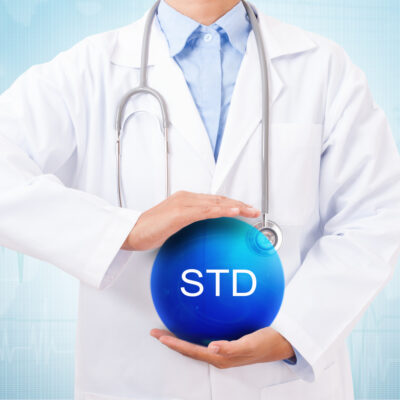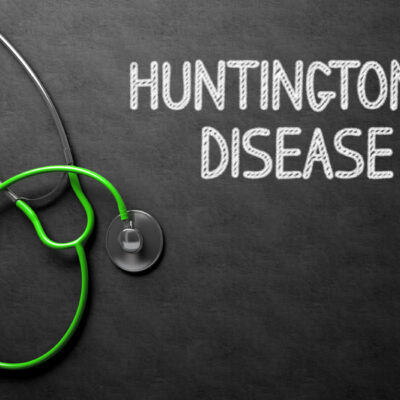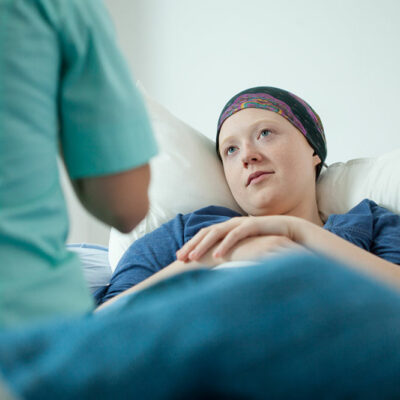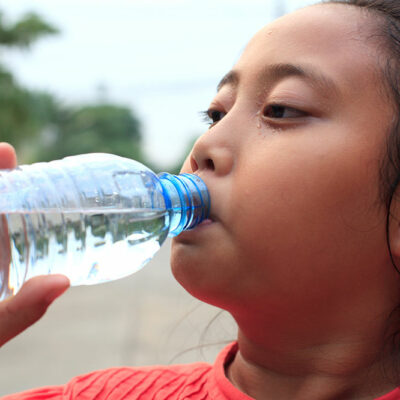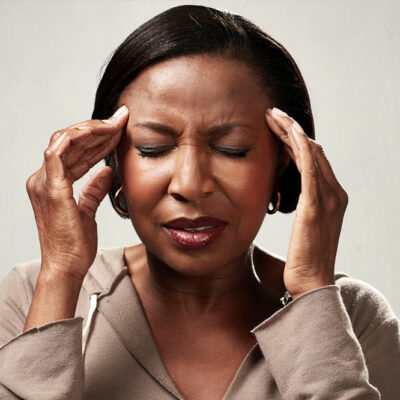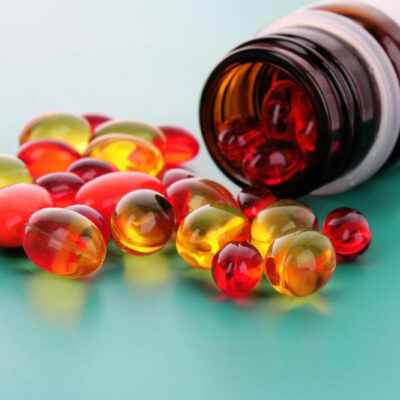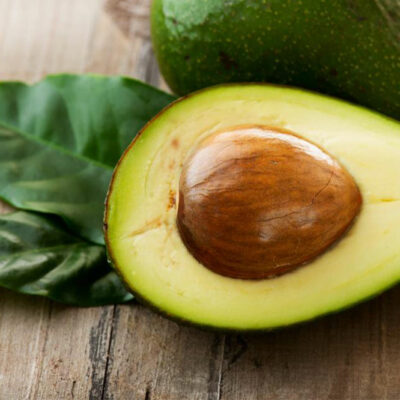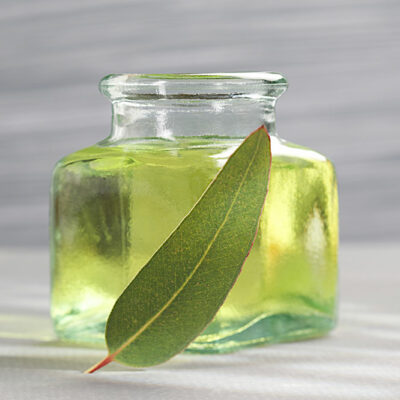
Health
4 Main Signs of Heart Failure
Heart failure, a medical condition in which the heart is unable to pump blood effectively, can lead to insufficient oxygen and nutrients reaching the body’s tissues. Treatments for this condition aim to manage symptoms and slow progression of the condition, and some even lower heart disease risk. Jardiance dose for heart failure works to reduce the risk of death plus hospitalization in adults with heart failure. There are several types of medications and treatments that can help, so be sure to speak to your healthcare provider about what works best for you. Additionally, being aware of the several signs and symptoms of heart failure is important, but it’s essential to note that individuals may not experience all of them. The four main signs of heart failure include: 1. Shortness of breath One of the most common symptoms of heart failure is difficulty breathing or shortness of breath, also called dyspnea, especially during physical activity or when lying down. This occurs because the heart is not pumping blood efficiently, causing fluid to accumulate in the lungs. 2. Fatigue and weakness Individuals with heart failure often feel tired and weak, even with minimal physical exertion. This fatigue is a result of the heart’s reduced ability to pump blood to meet the body’s demands, leading to decreased energy levels.
Read More 